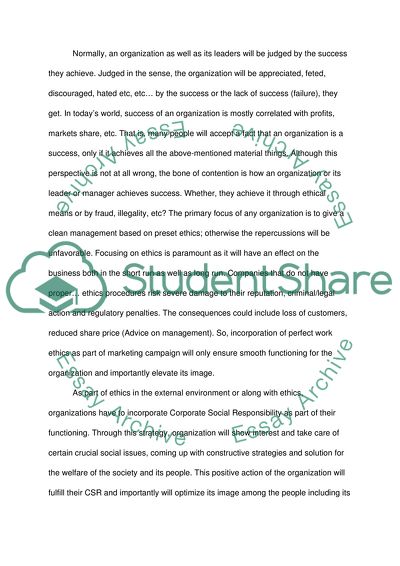Cite this document
(The Impact of Ethics Social Responsibility on the Marketing Activities Case Study, n.d.)
The Impact of Ethics Social Responsibility on the Marketing Activities Case Study. Retrieved from https://studentshare.org/marketing/1730316-define-the-modern-role-of-marketing-compare-and-contrast-the-impact-of-ethics-corporate-social-responsibility-on-the-marketing-activities-of-three-organisations
The Impact of Ethics Social Responsibility on the Marketing Activities Case Study. Retrieved from https://studentshare.org/marketing/1730316-define-the-modern-role-of-marketing-compare-and-contrast-the-impact-of-ethics-corporate-social-responsibility-on-the-marketing-activities-of-three-organisations
(The Impact of Ethics Social Responsibility on the Marketing Activities Case Study)
The Impact of Ethics Social Responsibility on the Marketing Activities Case Study. https://studentshare.org/marketing/1730316-define-the-modern-role-of-marketing-compare-and-contrast-the-impact-of-ethics-corporate-social-responsibility-on-the-marketing-activities-of-three-organisations.
The Impact of Ethics Social Responsibility on the Marketing Activities Case Study. https://studentshare.org/marketing/1730316-define-the-modern-role-of-marketing-compare-and-contrast-the-impact-of-ethics-corporate-social-responsibility-on-the-marketing-activities-of-three-organisations.
“The Impact of Ethics Social Responsibility on the Marketing Activities Case Study”, n.d. https://studentshare.org/marketing/1730316-define-the-modern-role-of-marketing-compare-and-contrast-the-impact-of-ethics-corporate-social-responsibility-on-the-marketing-activities-of-three-organisations.


